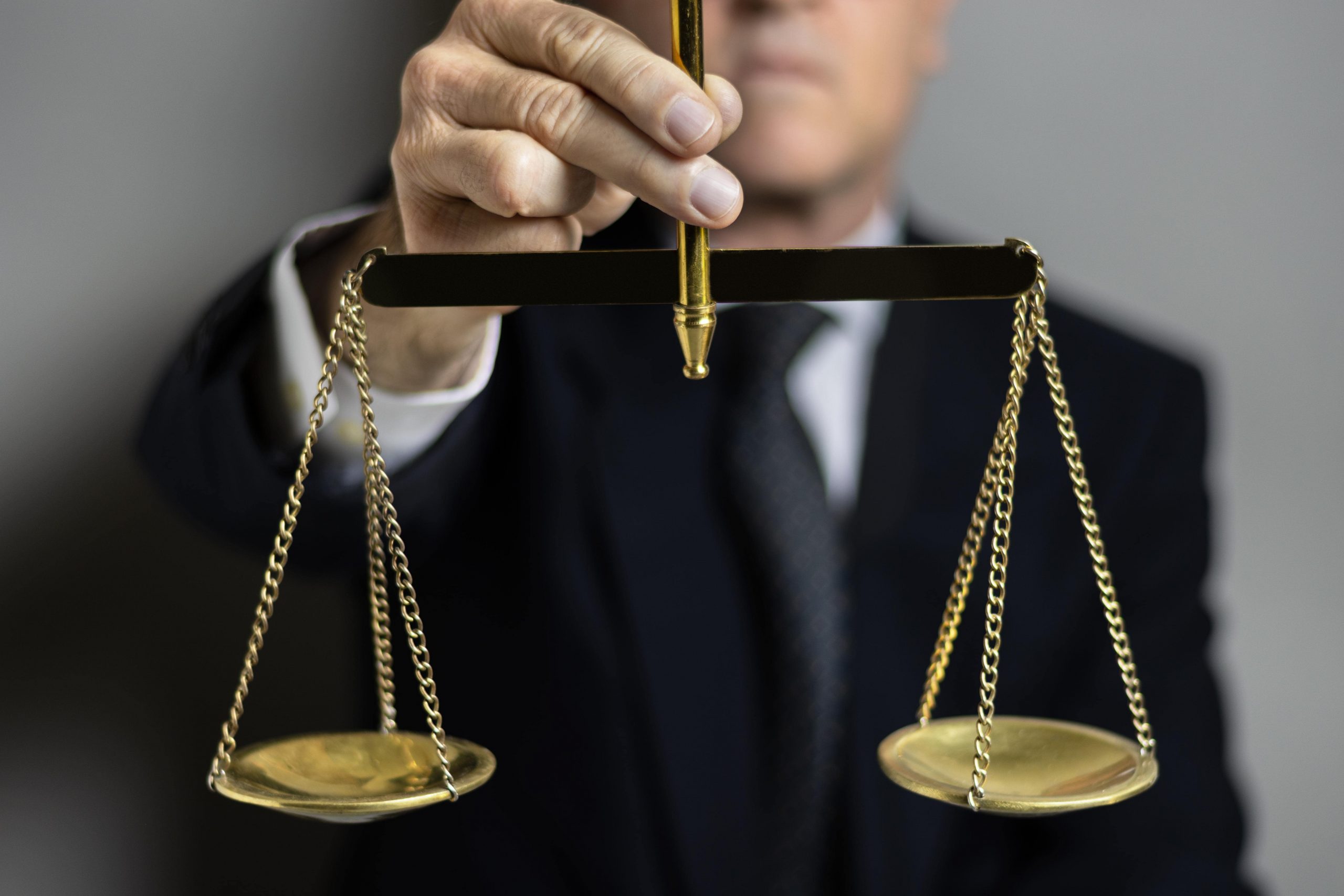What is the Crime of Defamation?
The crime of defamation is a type of crime that covers verbal, written or actual attacks that damage the honor, dignity and reputation of an individual. The crime of defamation, which is regulated under Article 125 of the Turkish Penal Code (TCK), is an important legal regulation to protect the personal rights of individuals. Defamation may be directed against a private individual or may be committed in a public environment.
While the penalty may be lighter if the insult is made directly against a person, the criminal sanctions become more severe if it is carried out publicly. Insults, especially through social media and digital platforms, have increased in recent years and this has made legal processes even more important.
Conditions for Filing a Defamation Lawsuit
In order to file a defamation lawsuit, certain conditions must be fulfilled. First of all, the crime of defamation must have occurred and the victim must have sufficient evidence to prove this situation. Proving defamation is a factor that greatly affects the success of the case.
In order for the crime of defamation to occur, the following elements must be present:
- It must be directed at the person: General expressions do not constitute defamation, they must directly target an individual.
- It must damage honor, dignity and prestige: It must be of a nature that harms the reputation of the person in society.
- It must be committed verbally, in writing or in action: Defamation does not only have to be verbal; it can also be committed in written, visual or digital form.
- The penalty may be increased if it is committed in public: Defamation in public or on social media increases the gravity of the offense.
The Process of Filing a Defamation Lawsuit
In order to file a defamation lawsuit, a certain legal process must be followed. This process consists of the following steps:
Filing a Complaint: The person who has been insulted should apply to the nearest Public Prosecutor’s Office or police station to file a criminal complaint. The period for filing a lawsuit must be within 6 months from the date of the insult.
Collection of Evidence: One of the most important elements in a defamation case is evidence. Message recordings, voice recordings, e-mails, social media posts and witness statements can be used in court.
Investigation by the Prosecutor’s Office After evaluating the application, the Prosecutor’s Office examines the legal nature of the case and initiates the necessary investigation.
Court Process: If the offense of defamation is supported by sufficient evidence, it is referred to the court and the trial process begins.
Sentencing and Criminal Sanctions: Depending on the type and gravity of the defamation, a judicial fine or imprisonment may be imposed.
Penalties for Defamation
According to Article 125 of the Turkish Penal Code, persons who commit the offense of insult may face the following penalties:
- Insulting a private person: Punishable by imprisonment from 3 months to 2 years or a judicial fine.
- Public insult: If insulted in a public place, the penalty is increased by 1/6.
- Insulting a public official: The penalty for insulting public officials in relation to their duties is more severe.
- Defamation on social media: Defamation offenses committed on social media platforms are also criminalized and can be brought to court.
Evidence that can be used as evidence in defamation cases
In order to prove the crime of defamation, the following evidence can be presented to the court:
- WhatsApp, SMS and email messages
- Voice recordings
- Social media posts and comments
- Witness statements
- Security camera footage
For evidence to be valid, it must be obtained in accordance with the law. Evidence obtained by secret recording may not be considered valid in court.
Statute of Limitations for Defamation Cases
The complaint period for defamation offenses is limited to 6 months. The person who has been insulted must file a complaint within 6 months from the date of learning that the crime has been committed. Otherwise, he/she loses the right to file a lawsuit. However, in some aggravated cases, the statute of limitations can be extended up to 8 years.
Material and Moral Compensation in Defamation Offenses
As a result of a defamation lawsuit, not only criminal sanctions are imposed, but the aggrieved person may also claim material and moral compensation. Individuals who suffer loss of reputation due to defamation may request compensation from the court. The court determines the amount of compensation depending on the nature of the defamation and the damage to the victim.
Claims for moral damages usually cover the following situations:
- Psychological damage to the victim
- Damage to its reputation in the community
- Violation of personality rights
How to Prevent Defamation Crimes?
It is possible to take the following measures to protect against defamation offenses:
- Be careful on social media: Shared comments and messages may be subject to defamation lawsuits in the future.
- Seek legal advice: Seeking legal advice on defamation crimes enables victims to better protect their rights.
- Preserving evidence: Keeping defamatory messages, emails or posts without deleting them will give you a significant advantage in litigation.
The crime of defamation is an important type of crime that protects the personal rights of individuals. This crime, which is clearly regulated in the Turkish Penal Code, allows victims to seek their rights through both criminal sanctions and compensation. People who want to file a defamation lawsuit should know the legal process well, collect the necessary evidence and file a complaint on time.
As defamation crimes have become widespread, especially on digital platforms, it is of great importance for individuals to both protect themselves and take legal action when necessary. If you believe that you have been subjected to defamation, you should protect your legal rights by seeking legal assistance as soon as possible.




